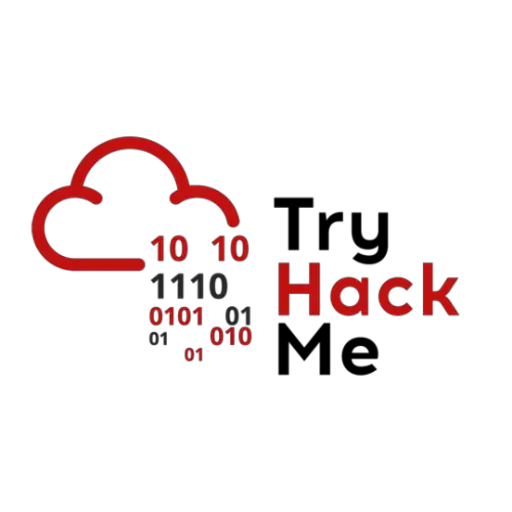
This course focuses on Windows Privilege Escalation tactics and techniques designed to help you improve your privilege escalation game. Students should take this course if they are interested in:
- Gaining a better understanding of privilege escalation techniques
- Improving Capture the Flag skillset
- Preparing for certifications such as the PNPT, OSCP, eCPPT, CEH, etc.








